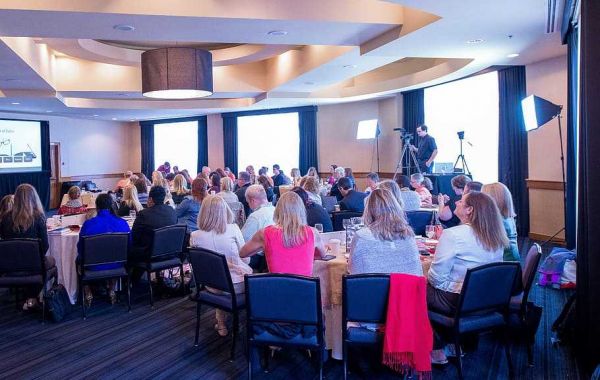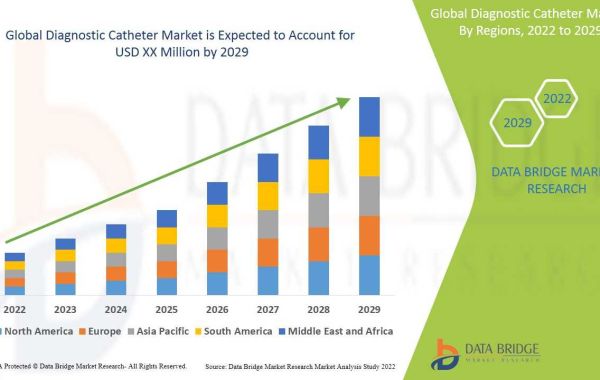As an event organizer, your primary goal is to create memorable experiences for attendees while also achieving your business objectives. However, in today's competitive landscape, simply organizing an event is not enough; you need to ensure that your event reaches the right audience and generates the desired buzz. That's where effective event marketing strategies come into play. In this blog, we'll discuss nine proven event marketing strategies that can help you maximize attendance, engagement, and ROI for your events.
- Define Your Event Goals
Before diving into marketing tactics, it's crucial to clearly define your event goals. Ask yourself: What do you want to achieve with this event? Is it to drive sales, build brand awareness, generate leads, or something else? Your marketing efforts should align with these goals to ensure that every action contributes to the overall success of the event.
- Know Your Target Audience
Understanding your target audience is fundamental to creating relevant marketing messages and reaching the right people. Conduct market research to identify key demographics, interests, pain points, and preferred communication channels of your target audience. This information will guide your marketing efforts and help you tailor your messaging for maximum impact.
- Create Compelling Event Content
Content plays a pivotal role in attracting and engaging potential attendees. Develop compelling content that highlights the value proposition of your event. This could include informative blog posts, engaging videos, captivating social media posts, and eye-catching visuals. Leverage storytelling techniques to create narratives that resonate with your target audience and compel them to take action.
- Utilize Social Media Marketing
Social media platforms are powerful tools for promoting events and engaging with your audience before, during, and after the event. Develop a comprehensive social media marketing strategy that includes regular posts, live updates, interactive polls, behind-the-scenes content, and user-generated content (UGC) campaigns. Encourage attendees to share their experiences on social media using event-specific hashtags to amplify reach and visibility.
- Leverage Email Marketing
Email marketing remains one of the most effective channels for promoting events and nurturing relationships with attendees. Build segmented email lists based on audience demographics and preferences. Craft personalized, engaging email campaigns that highlight key event benefits, speakers, agenda highlights, and exclusive offers. Use compelling subject lines and clear calls-to-action (CTAs) to drive opens, clicks, and registrations.
- Optimize SEO for Event Discovery
Ensure that your event website and promotional content are optimized for search engines (SEO). Conduct keyword research to identify relevant terms and phrases related to your event. Optimize website content, meta tags, and descriptions with these keywords to improve organic search visibility. Leverage local SEO strategies if your event targets a specific geographic location.
- Collaborate with Influencers and Partners
Partnering with influencers, industry experts, and relevant brands can significantly amplify your event's reach and credibility. Identify influencers whose audience aligns with your target demographic and collaborate with them on promotional activities such as sponsored content, guest posts, live streams, and influencer takeovers. Seek partnerships with complementary brands or organizations for cross-promotional opportunities and shared resources.
- Offer Early Bird Discounts and Incentives
Create a sense of urgency and excitement by offering early bird discounts, exclusive perks, and limited-time incentives for early registrants. Promote these offers across your marketing channels to encourage early sign-ups and boost ticket sales. Highlight the value of attending early, such as access to premium sessions, networking opportunities, or exclusive swag.
- Collect and Analyze Data for Optimization
Collecting data before, during, and after the event is essential for measuring success, understanding attendee behavior, and optimizing future events. Use event registration data, social media analytics, email engagement metrics, and attendee surveys to gather valuable insights. Identify areas of improvement, measure ROI against event goals, and incorporate learnings into your future event marketing strategies.
By implementing these nine event marketing strategies, you can elevate your event planning efforts, attract a larger audience, enhance attendee engagement, and achieve your desired outcomes. Remember to adapt and iterate based on feedback and data insights to continuously improve your event marketing efforts and drive sustainable event success.








